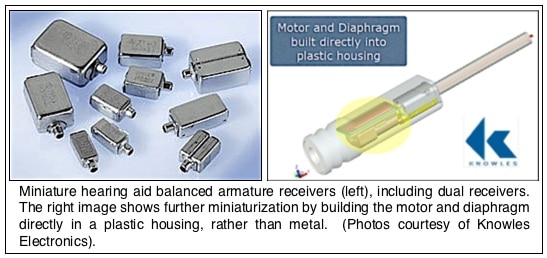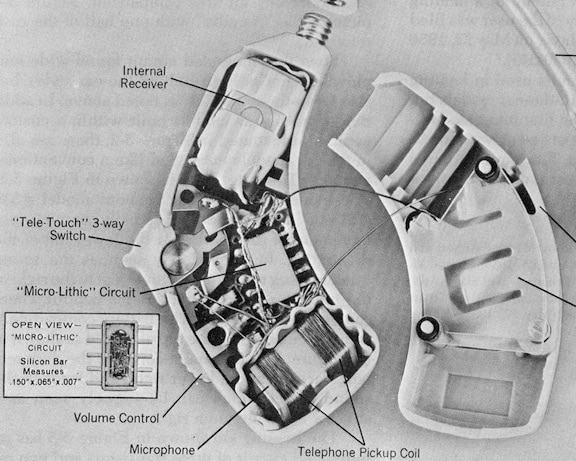Nov. 24, 2015
When performing an exam for Superior Canal Dehiscence (SCDS), you may have two different goals. In a patient with many of the symptoms described in last week’s post, but no diagnosis, you are trying to establish the likely source of those symptoms. This might lead to the referring physician ordering a high resolution CT scan to investigate the possibility of









